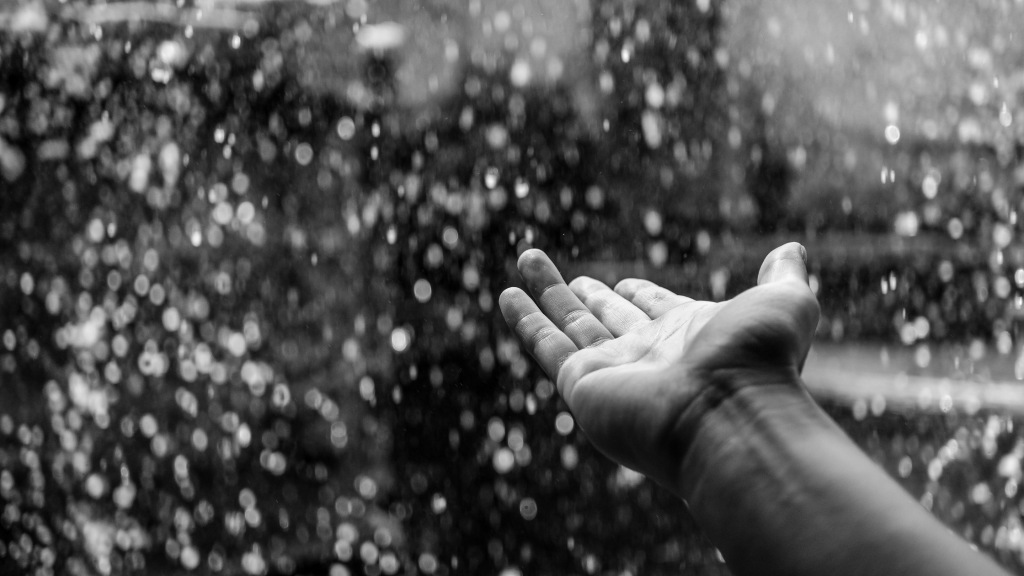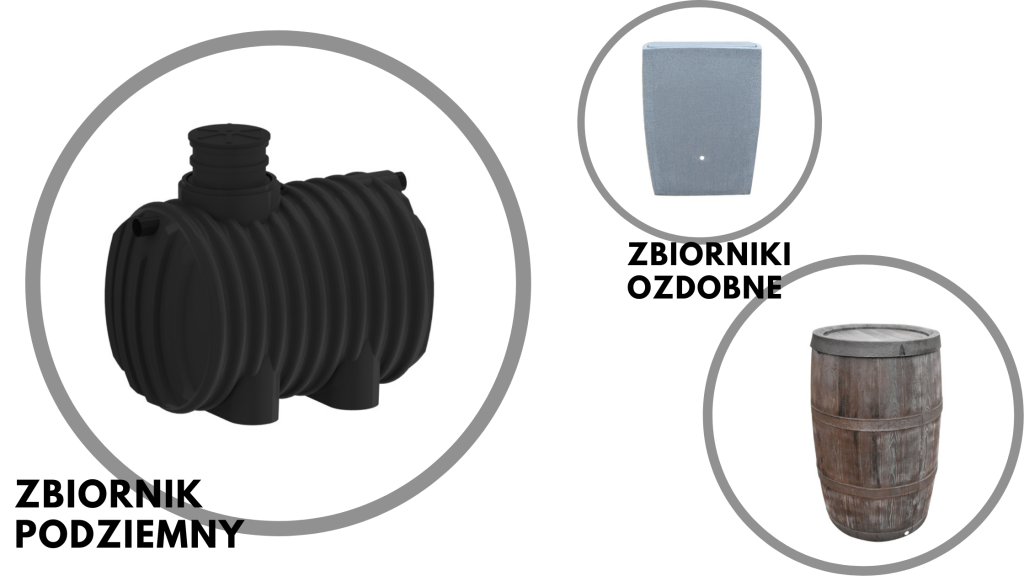We are all well aware of how important water is these days. Announcements of impending shortages, and droughts, should prompt us to take action to collect rainwater.
Rainwater - the solution that falls from the sky.
The call for applications for this year's edition of the 'Rainwater' programme has recently been launched. Poor hydrological conditions in the Wielkopolska region have forced the Wielkopolska Voivodship Board to take action to prevent the negative effects of drought. We do not realise how important it is to store rainwater. It is not only good for irrigating green areas, but is also excellent for households. And, most importantly, it is easy to obtain with little financial outlay.

What can we use rainwater for?
Harvested in a clean environment, rainwater has great properties. It is very soft, acidic and contains valuable trace elements. Rainwater can be used primarily for gardening, as it is very well absorbed by plants. In addition, it is also suitable for car washing and household cleaning. For those who like to save money, the good news is that rainwater is free of calcium compounds. This means that it can be used for laundry washing and toilet flushing, as it has no destructive effect on household appliances.
What are the benefits of rainwater harvesting?
Among the most important benefits of rainwater harvesting is the reduction in the need for water supplied by waterworks. As mentioned earlier, rainwater is ideal for irrigating areas that do not receive enough rain. The simplest example of using rainwater is for watering plants in our gardens. By storing rainwater, we relieve the pressure on rainwater drainage systems. This is very helpful when there are heavy rains. This will largely help to prevent flooding. The second very important advantage of using rainwater is saving our wallet. By using rainwater we do not consume the precious one from the tap.
How to collect and store rainwater?
Above-ground tanks - One popular way of collecting rainwater is to connect an above-ground tank to the gutter, into which the water will flow from the roof. And from there, rainwater can be collected through a faucet attached to the tank. We wrote about it here. There are many models available on our website ornamental tanks.
Underground tanks - for larger areas underground tankswhich are buried underground . The best quality rainwater is obtained from tiled roofs. Storage of rainwater from asbestos or felt roofed surfaces is not recommended.

Who can apply for funding for the Rainwater Programme?
The application for funding can be submitted by local government units in Wielkopolska (city, commune, district). Declaring their willingness to use rainwater collected from the roofs of public facilities. The other two editions of the 'Rainwater' programme showed that beneficiaries most often placed tanks near educational facilities. Schools and kindergartens are places where the programme will bring a lot of benefits. Facilities of a cultural nature have also benefited from the programme: libraries, community centres, day centres and hospitals. School sports fields and green areas around buildings are also very good places for this type of project.
Application rules for the Rainwater Programme.
The call for applications for the 2022 Rainwater Programme runs until 31 March. It is possible to receive up to 80% of the incurred and documented eligible costs included in the application. Each applicant can apply for a grant of up to £100,000 per investment. Two applications can be submitted as part of the call, covering the construction of a rainwater storage and drainage system. In this way, support of up to PLN 200 thousand can be obtained. It is important to note that the costs incurred by the applicant prior to signing the agreement cannot be reimbursed through grant funds. According to the rules provided by the Wielkopolska Region Board, eligible costs include, among others, the purchase of new underground or above-ground tanks, the purchase of materials and the performance of construction services. Applications are evaluated according to four criteria. Detailed information on the programme, as well as its rules and an application form with the relevant declarations can be found on the website of the Marshal's Office of the Wielkopolska Region (https://www.umww.pl/program-deszczowka).
In summary, rainwater harvesting, whether for residential buildings or public facilities, has many advantages. It is an economical and ecological solution.
